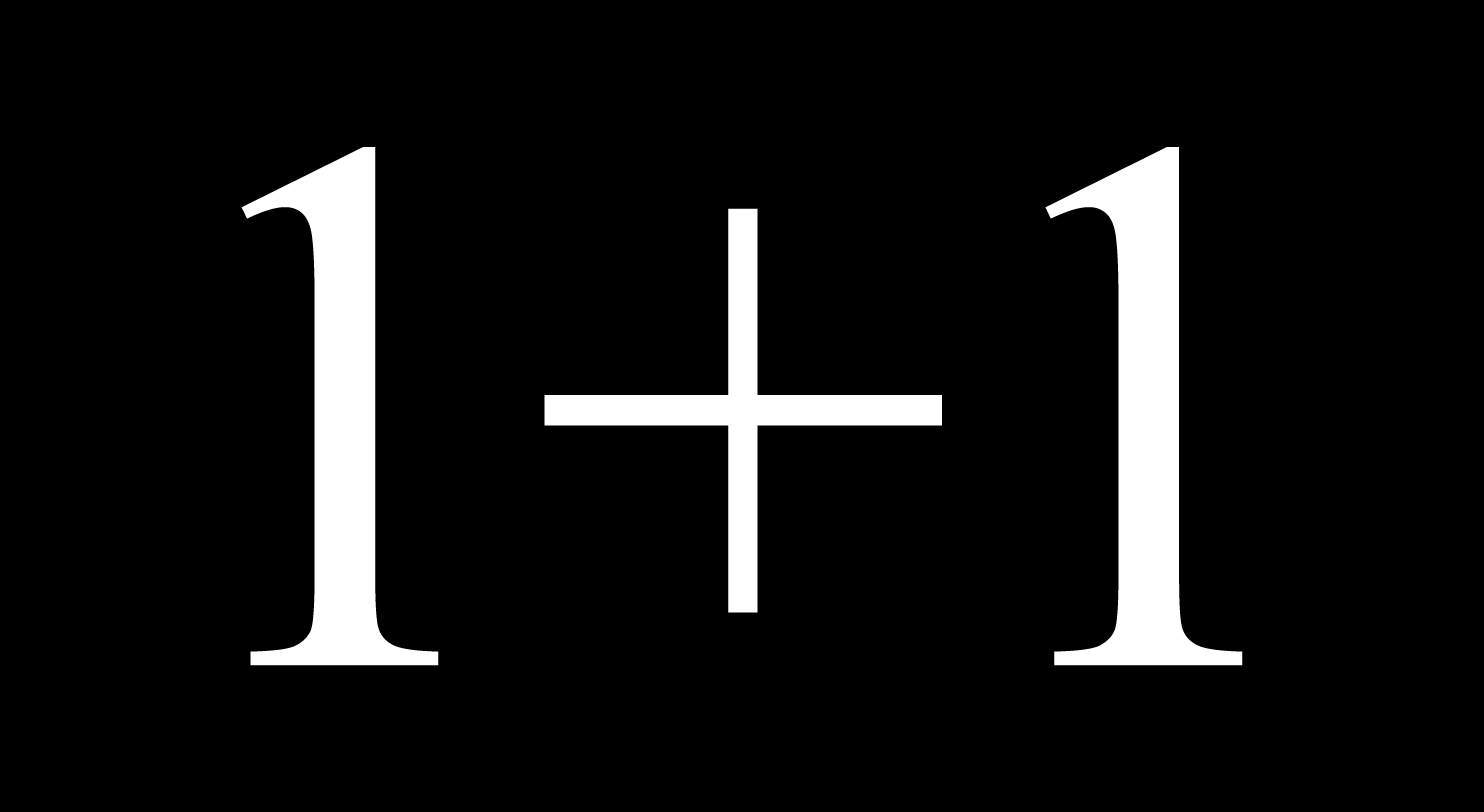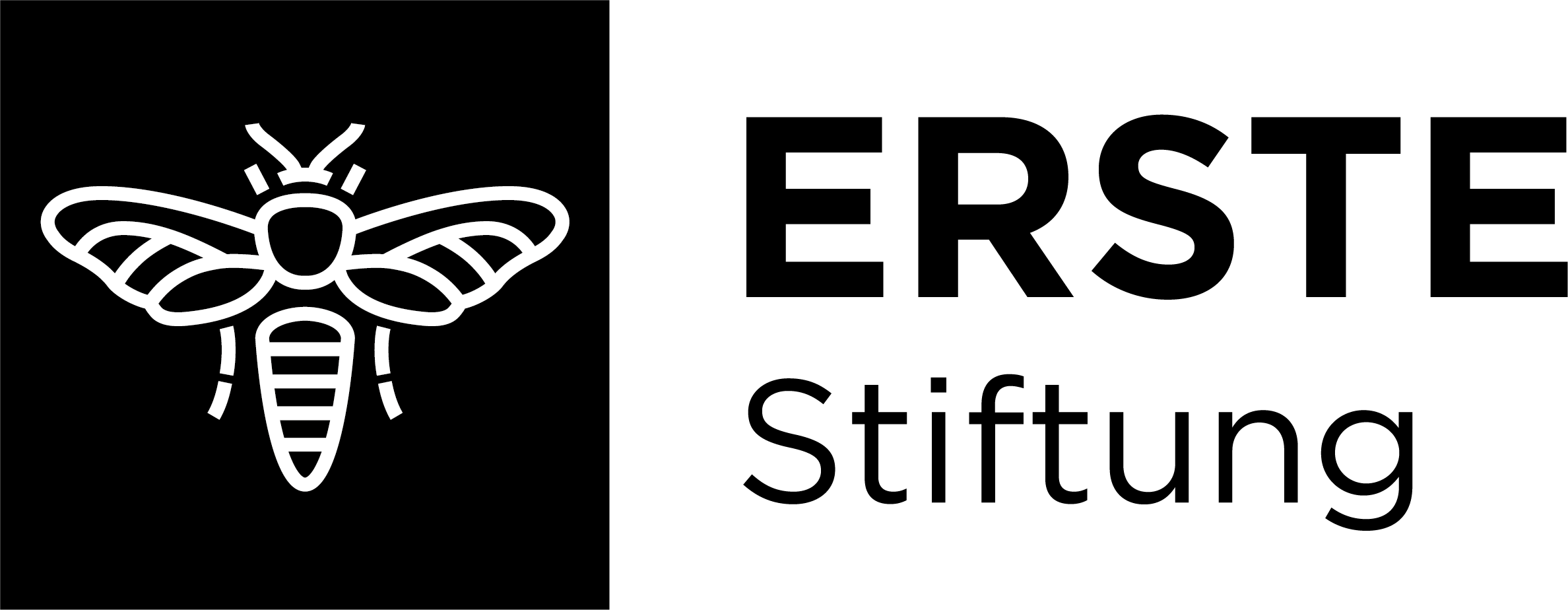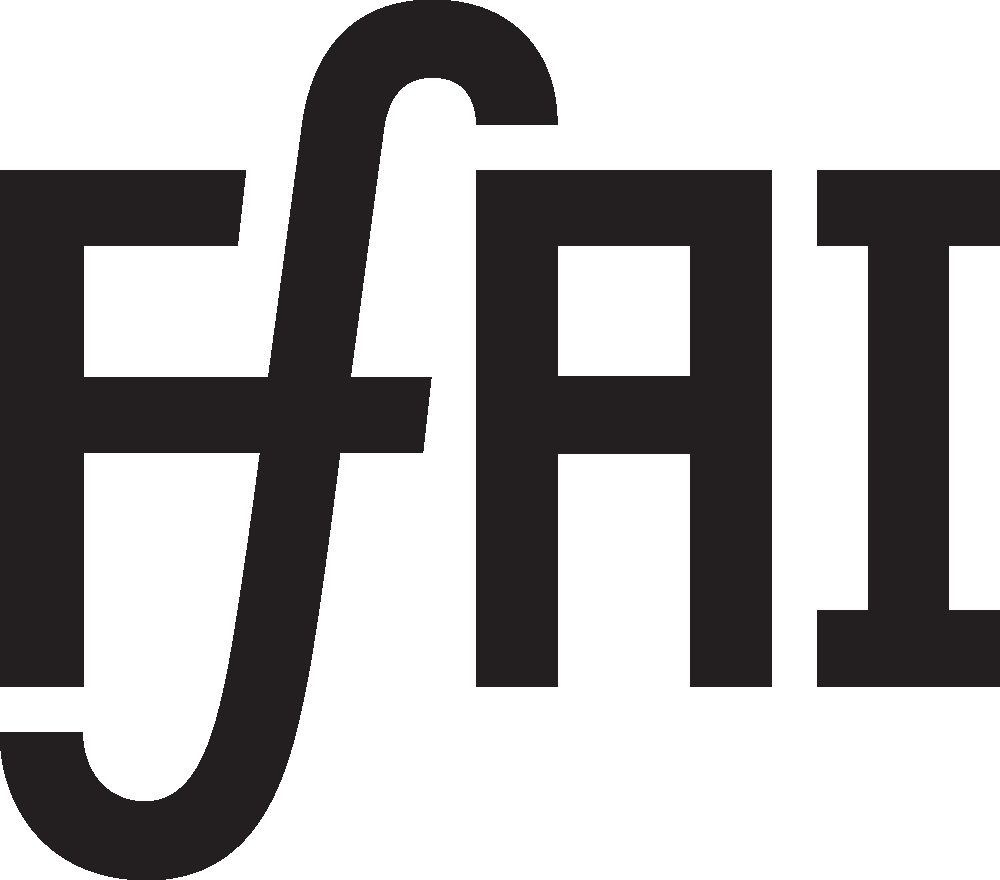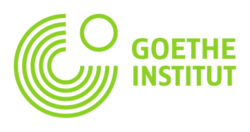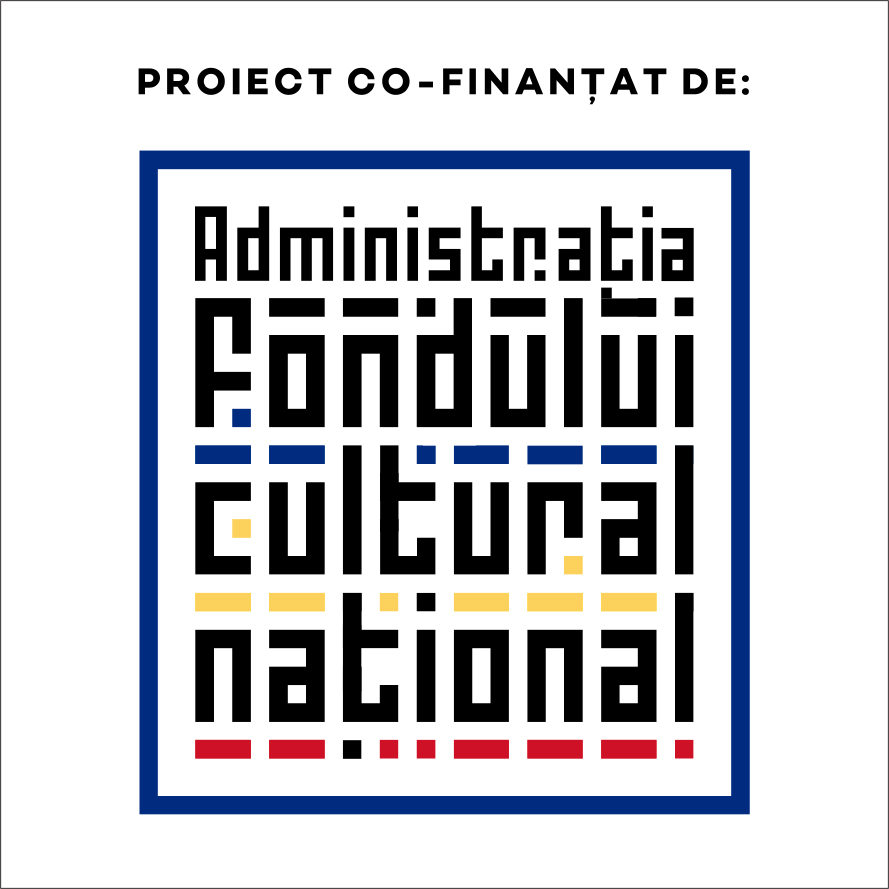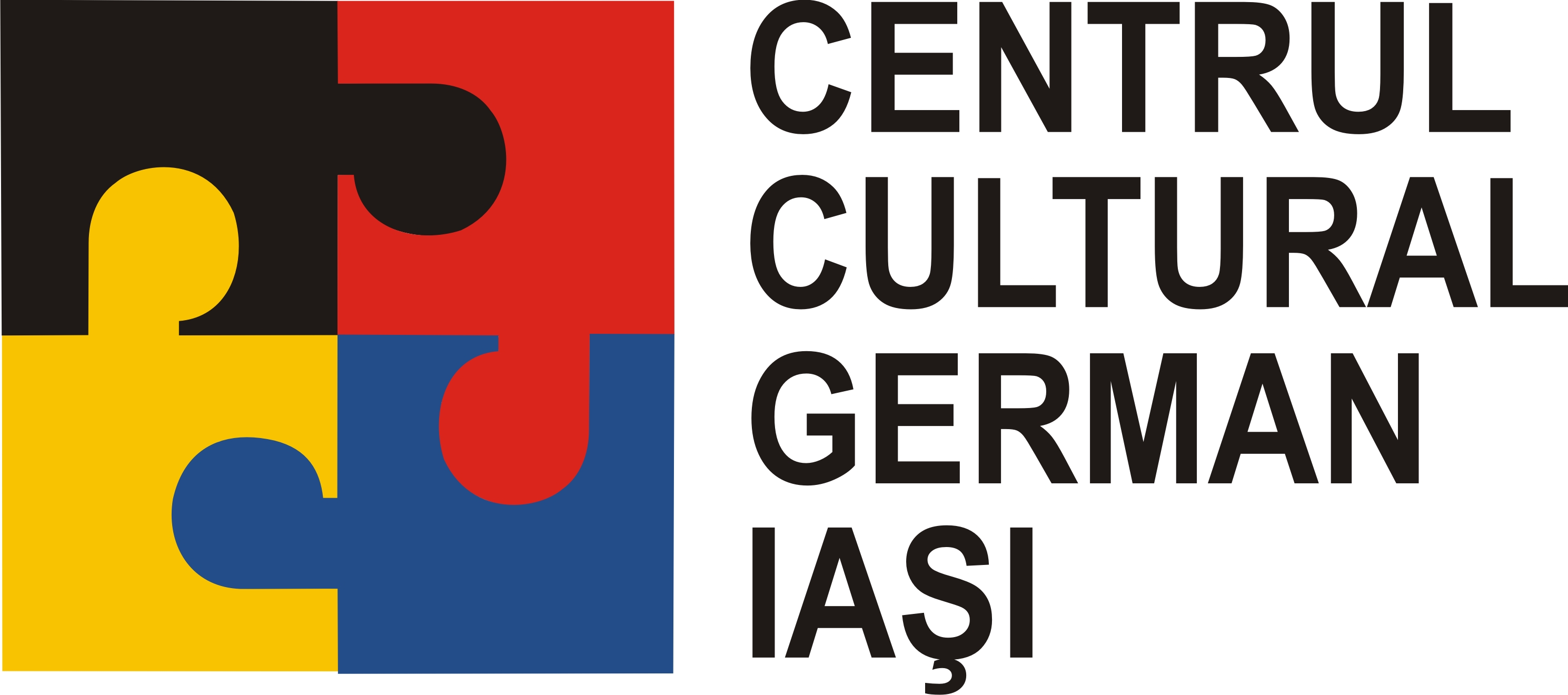Condition of Peace
The project Conditions of Peace gathers activist and art organizations that have identified the lack of a vision of peace and the constant reproduction of social relations that result in war as the main factors threatening Europe today. Whether war is a continuum of politics by other means or vice versa peace does not appear in this equation, is peace a political endeavour? Capitalism especially in its neo-liberal form has externalized (privatized and outsourced) the costs of democracy in production as well as in state institutions. In such a system human right are not inherent and immanent but another a form of property rights, and life itself is commoditised as is very clearly demonstrated now at the time of COVID 19. The aim of the project is to strengthen peace and democracy in Europe through active remembrance of the Schuman Declaration and Proclamation of the EU Charter of Fundamental Rights as key moments of peace building – the first in building joint political institution insuring economic cooperation and public resources distribution, the second in guaranteeing basic freedoms, participation and socio-economic security. The concepts of World Peace and Wellbeing have become extinct from today’s discourse. World Peace which opens the Schuman Declaration became a horizon after the two world wars and the great depression, events that brought immense destructions in terms of human lives, means of production and culture. The period that followed was one of renewal in every aspect and one that implemented the deep understanding that values of peace, freedom and wellbeing are intertwined and interdependent. The project aims to increase the knowledge and debate about the historical events, the concepts they put forth and their relevance today, especially among young people, in order to increase their sense of a common history and contemporary participation, reducing the attractiveness of populism and extremism. With the intense economic growth, after WWII, came the concept of wellbeing in the form of the welfare state in Western Europe and Socialism in Eastern Europe, including democratization and solidarity between countries in Europe and beyond. However, the economic crisis of the 70’s and globalization, brought on a new paradigm, that of neo-liberalism in the West with leading concepts of free-markets and finalization as well as social relations individualism and competition. This led to growing economic inequality and a sense that although political democratic participation was increasing, its impact was diminishing. Solidarity and wellbeing became formalized in Human rights as a minimum beyond which one must not decline, processed mainly through state, European and international courts. In addition, the Yugoslav wars and the growing exposure to terrorism, reminded people how fragile peace and wellbeing could be and increasing the sense of insecurity. Today, dissatisfaction has led to increasing support of rightwing populism, chauvinism and xenophobia. Parties that only 10, 15 years ago were considered a marginal extreme are now part of parliaments and governments. Moreover, events such as the Yellow Vests, Brexit, currently Black lives Matter and other protest movement in Europe show the people’s disappointment of the system as such. This is an educational and capacity building project since none of the countries participating in the project were part of the founding member of the EU. Documented remembrance of these events through academic-artistic research, conferences and travelling exhibition will increase the knowledge and faith of members in the EU as a political-economic program and their participation as citizens in it which will welcome them to the common history of the Union. The capillary outreach by interviews, the interactive site and archive which will include people that usually are not part of democratic participatory institution and actions, giving them a sense of contributing to the ongoing process of building toward the horizons and values of peace, freedoms and wellbeing, rather than viewing these events as a historical thing of the past. The project includes interviews which are conducted with academics, artists, activists, decision makers, and other public figures and more importantly discussion with diverse population (in terms of location, age, ethnicity, nationality, socio-economic conditions, citizenship status, gender, etc.), people who usually do not participate in public democratic discourses. The interviews will educate about concepts of peace, freedom, rights and wellbeing, generate a sense of shared history and increase the awareness for democratic participation. They will bring the Declaration and Proclamation close to people everyday lives by inquiring what in their opinion the they themselves as well as State and EU institutions can do in order to make the horizons put forth by these events achievable today. Personal inclusion and participation will counter populism, extremism and intolerance by breaking the (mis)perception of a “hierarchy of membership” within the EU.
Project partners:
— Učitelj neznalica i njegovi komiteti (The Ignorant Schoolmaster and his committees) [Beograd]
— tranzit.ro/Iasi
— 1+1 Association [Iasi]
— Rab-Rab Press [Helsinki]
— BOEM Artists’ Collective [Vienna]



